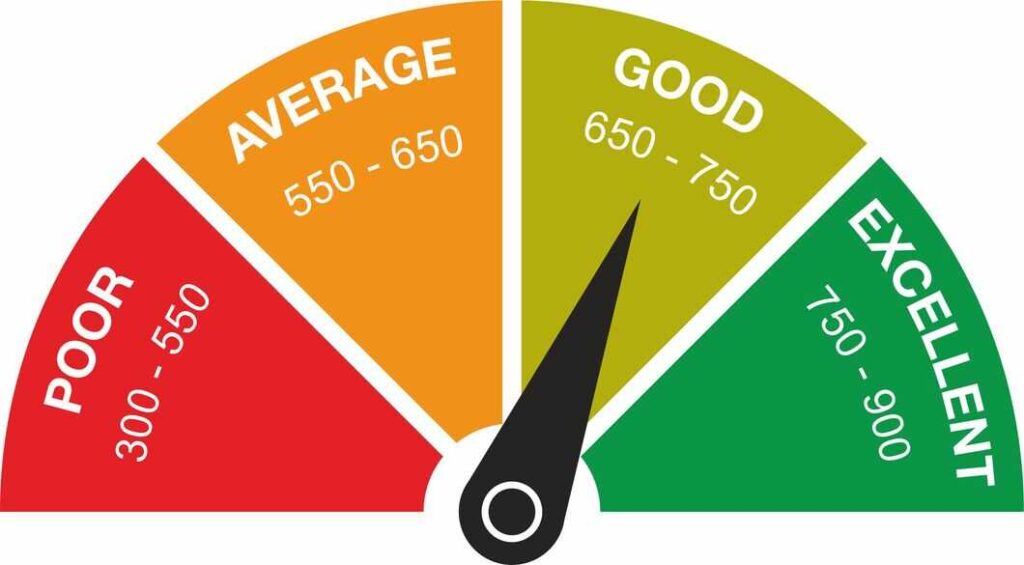In the complex world of personal finance, few numbers hold as much sway over individuals’ financial lives as their credit score. Whether you’re applying for a credit card, mortgage, auto loan, or even renting an apartment, your credit score can significantly impact the terms and conditions you’re offered. In this guide, we’ll demystify the concept of credit scores, exploring what they are, how they’re calculated, and why they matter for US citizens.
Understanding Credit Scores
A credit score is a numerical representation of an individual’s creditworthiness, essentially reflecting their likelihood to repay borrowed money. Lenders, such as banks and credit card companies, use credit scores as a key factor in determining whether to extend credit to a borrower and what interest rate to offer.
How Credit Scores are Calculated
- Payment History (35%): The most crucial factor in determining a credit score is the borrower’s payment history. This includes whether payments on credit accounts (such as credit cards, loans, and mortgages) are made on time, any accounts in collections, bankruptcies, foreclosures, or judgments.
- Amounts Owed (30%): This factor considers the total amount of debt owed, including credit card balances, loan amounts, and outstanding balances relative to credit limits or original loan amounts.
- Length of Credit History (15%): Creditors also evaluate the length of time accounts have been open and the length of time since the most recent account activity.
- Credit Mix (10%): Lenders assess the types of credit accounts a borrower has, such as credit cards, installment loans, mortgages, and how well they manage a mix of credit types.
- New Credit (10%): Opening multiple new credit accounts in a short period can be a red flag for lenders, as it may indicate financial distress or a higher risk of default.
Why Credit Scores Matter
- Access to Credit: A higher credit score typically translates to easier access to credit and better loan terms, including lower interest rates and higher credit limits.
- Lower Interest Rates: Borrowers with excellent credit scores are rewarded with lower interest rates, resulting in significant savings over the life of a loan.
- Insurance Premiums and Utility Deposits: Some insurance companies and utility providers use credit scores to determine premiums or deposit requirements, potentially costing individuals with lower scores more money.
- Employment and Housing Opportunities: Employers and landlords may check credit scores as part of the screening process, impacting job prospects and housing options.
Monitoring and Improving Credit Scores
- Regular Monitoring: US citizens can access their credit reports for free once a year from each of the three major credit bureaus (Equifax, Experian, and TransUnion) through AnnualCreditReport.com. Monitoring for inaccuracies or signs of identity theft is crucial for maintaining a healthy credit profile.
- Paying Bills on Time: Since payment history is the most significant factor in credit scoring models, making timely payments on all credit accounts is essential for maintaining or improving a credit score.
- Managing Debt Wisely: Keeping credit card balances low relative to credit limits and avoiding opening unnecessary new accounts can help improve credit scores over time.
- Using Credit Responsibly: Demonstrating responsible credit behavior, such as avoiding maxing out credit cards and paying off balances in full each month, can positively impact credit scores.
Conclusion
In conclusion, understanding credit scores is vital for US citizens navigating the world of personal finance. By grasping the factors that influence credit scores, monitoring them regularly, and taking proactive steps to improve or maintain a healthy credit profile, individuals can unlock access to better financial opportunities and achieve their long-term goals. Remember, building good credit takes time and discipline, but the rewards in terms of financial flexibility and savings are well worth the effort.



